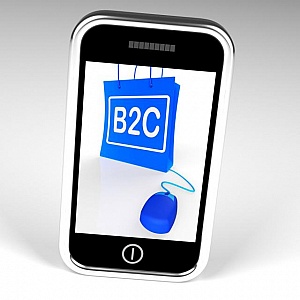What makes a successful Wholesale Carrier?

What makes a successful Wholesale Carrier?
Having just posted year on year growth in new business of 102%, the Thames Valley based operator is probably as good a place to start as anywhere.
Having been established in 1992 MLL is not exactly the new kid on the block but it is clear that it sees some advantages in not having all the legacy infrastructure associated with the big global wholesalers with their popular international routes and domestic national backbones. It considers the reality of the situation being a great deal of overlap on the international routes while, at the domestic level, much of the infrastructure is based on the historic footprint of older utilities; power lines, railways and even canals. As these large carriers offer pretty much the same coverage, competition is intense and beneficial to customers but supply is heavily concentrated on the same old routes.
What the newer carriers discovered quite early on was that wholesale services very often overlooked the retail customer's access requirements. This is probably because this was the hard bit and was therefore often left de facto to the incumbent PTT. To this day it's harder technically because it involves reaching more remote locations, and it's harder commercially because there is no guarantee of massive traffic aggregation along any one route. But the prize is great, because it's usually this off-net access or backhaul capacity that is costing the retail service providers the most money.
MLL maintains that it takes a different tool set and a different mentality to operate in this space. Route kilometres are not relevant if they cover the same routes as everyone else's. This is all about coverage and building tailored wholesale networks that fill in the exact gaps the retail operators need to fill. Getting within a kilometre of a mobile operator's cell-site just isn't close enough. They need capacity delivered and maintained right to the tower sitting in the corner of a field or at the top of a hill. MLL Telecom use a blend of technologies, sometimes fibre, sometimes high capacity microwave, and it even uses bundled copper circuits in remote areas.
The company considers that its value is derived from designing networks using the best tools for the job. Of course fibre will always offer the highest capacities at 10Gbit/s, but it has wholesale Ethernet microwave links delivering mobile LTE backhaul at 650Mbit/s and even copper circuits which can deliver 40Mbit/s Ethernet which is more than enough to deliver services to many smaller locations.
MLL is convinced that wholesale services have historically been so pre-occupied with the major interconnects points that they have tended to overlook the delivery of cost-effective off-net access which is, in fact, the main problem facing most retail service providers. The ability to meet this rapidly growing demand is what has given it and other newer and less encumbered wholesale carriers a distinct edge over the competition.
http://www.articlesbase.com/communication-articles/what-makes-a-successful-wholesale-carrier-4420182.html Free Total Six Pack Abs Rapidshare How To Choose A Good Personal Injury Lawyer A Retailer's Guide in Dealing With a Disgruntled Customer How much trading is over-trading? Grab Five Frontline Plus Wholesale Pointers Now! Wholesale Vs Retail Dub Turbo Free-Dub Turbo Rapidshare Minnesota criminal lawyers will give your case a strategic approach The Portfolio Prophet Trading Course | How to know which ETFs to buy? Choosing the Best Trading Platform Be a Bag Mogul, Buy Wholesale Purses Why retailer need drop delivery wholesaler to progess NFL Jerseys Wholesale